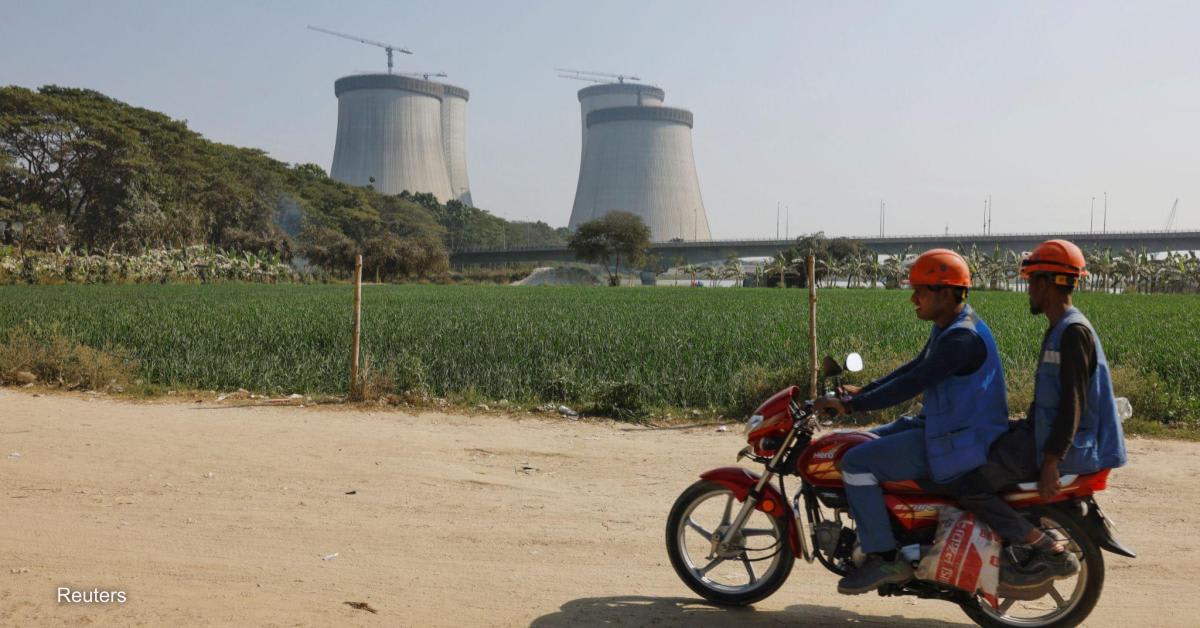
As the World Bank works out the details of its new procurement policy, the chief procurement officer is calling for a “new norm” to apply to the context of the policy that would better enable the bank — and the development community at large — to focus on delivering outcomes.
Christopher Browne said in a presentation that the current practice, including what he called an “obsession with risk aversion, corruption and collusion” has created an environment that makes it very difficult for development institutions to employ what would be considered best practices in the private sector and elsewhere.
“I think the challenge that we have here is building the confidence in our management, in our organization, in our regulatory framework, to actually change those norms, and actually start doing things a little bit differently,” he explained.
Public procurement, according to Browne, boils down to an effort to win talent and create incentives to get the best out of the private sector. But the practices that might help institutions to do that more effectively — such as negotiation, maintaining relationships with suppliers, and rewarding past performance — are often limited by fears of collusion, corruption or unfair competition. While the limits imposed on the procurement process may allay those fears, they also shift the focus of the procurement from development goals to the process itself.
“Of course we have to manage corruption, fraud and risk, but it’s not the only thing we have to manage,” Browne said. “We also have to manage getting the right development outcome in the project to serve the country that’s borrowing millions of dollars to actually deliver something for the benefit of their people.”
Moving procurement processes at the bank and elsewhere beyond the traditional focus on compliance to also consider actual outcomes is in line with the World Bank’s ongoing review of its procurement policy, which aims to provide more flexibility for procurements, especially those with a lower risk profile.
While the details of the changes are still being worked out, the framework for the new policy that was released last year emphasizes flexibility and “fit-for-purpose” procurement that may rely less on bank’s guidelines. But as Browne and others made quite clear, the changes necessary to improving the effectiveness of procurement may have as much to do with management and culture at the bank as with specific policies.
READ: World Bank procurement reform: From one-size-fits-all to country-specific
‘Smart risks’
Jeffrey Gutman, the former vice president of operations policy and country services at the World Bank said that for procurement to be more effective at delivering development goals, it would need to rely more on the “professional discretion” of the procurement teams.
In his time at the World Bank, however, procurement moved in the opposite direction.
“We have become more risk-averse, we have become more fearful, we have become more rules oriented and compliance oriented,” Gutman said. “And that culture, if we don’t change it, this is not going to work, and we’re not going to get the development outcomes.”
While the leadership at the bank has urged bankers to take more “smart risks,” its unclear how that might apply to procurement — and Gutman noted there is still not a good definition of what the risk appetite of the bank really is. When he saw some good examples of innovation and best practice procurement in the development community, they were merely “case studies,” and to truly deliver results, the context of procurement would need to change.
“I don’t think we are winning the war for talent — and I’m not just talking about the World Bank — I’m talking about for the development community as a whole,” he said. “So I see an immense opportunity for the development community to get far more from its procurement, but the current norms that we work within are making it very difficult to apply best practices.”
For the bank and its clients, winning that war for talent has become more important as the institution tries to improve the quality of its lending, which has declined over the last decade. But the conservative, risk averse context of procurement is no accident.
After all, it is an area that few even pay attention to unless something goes wrong.
So as the World Banks puts out its new strategy, there will inevitably be voices resisting changes, and telling the bank to slow down — but Browne sees no time to waste.
“If we keep saying “we can’t do this until…” we’ll spend too much time delaying, deferring, and not actually delivering what needs to be done,” he said.
Read more development aid news online, and subscribe to The Development Newswire to receive top international development headlines from the world’s leading donors, news sources and opinion leaders — emailed to you FREE every business day.
See more:








